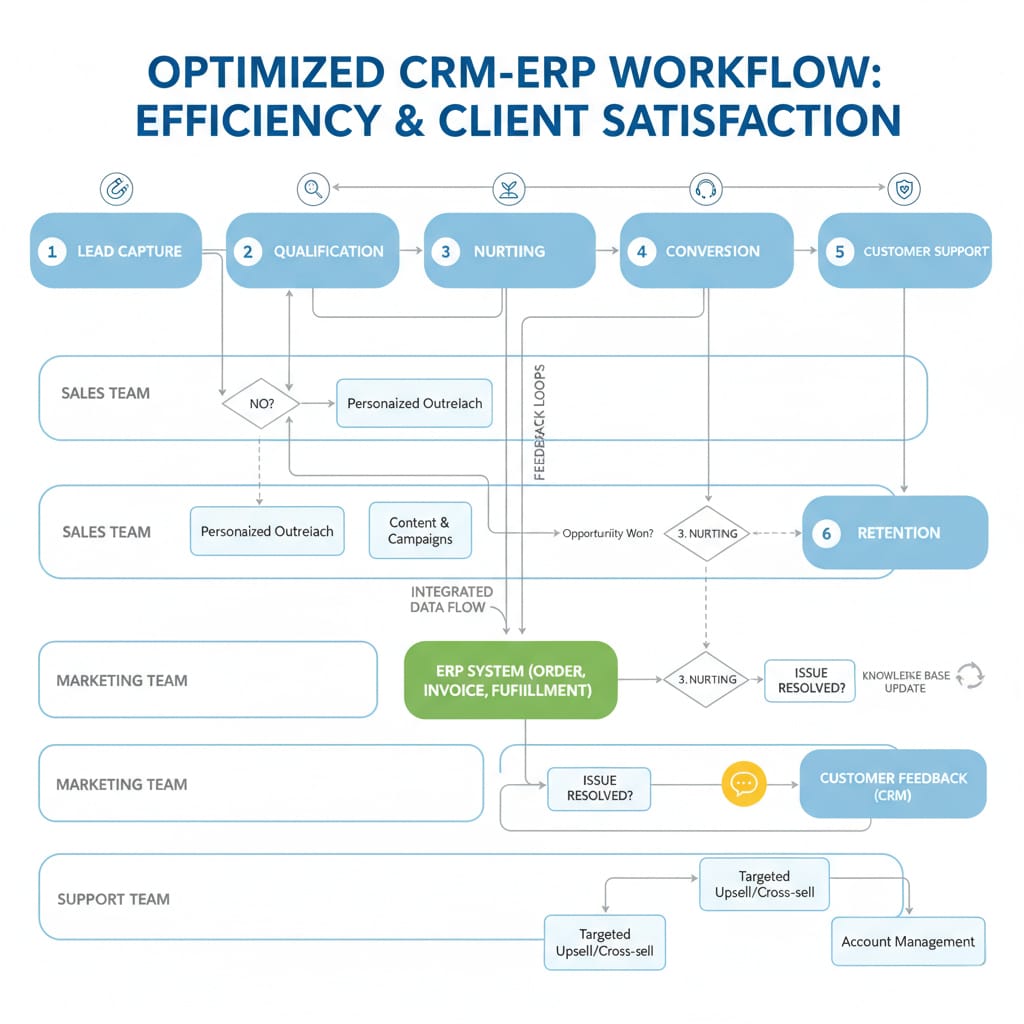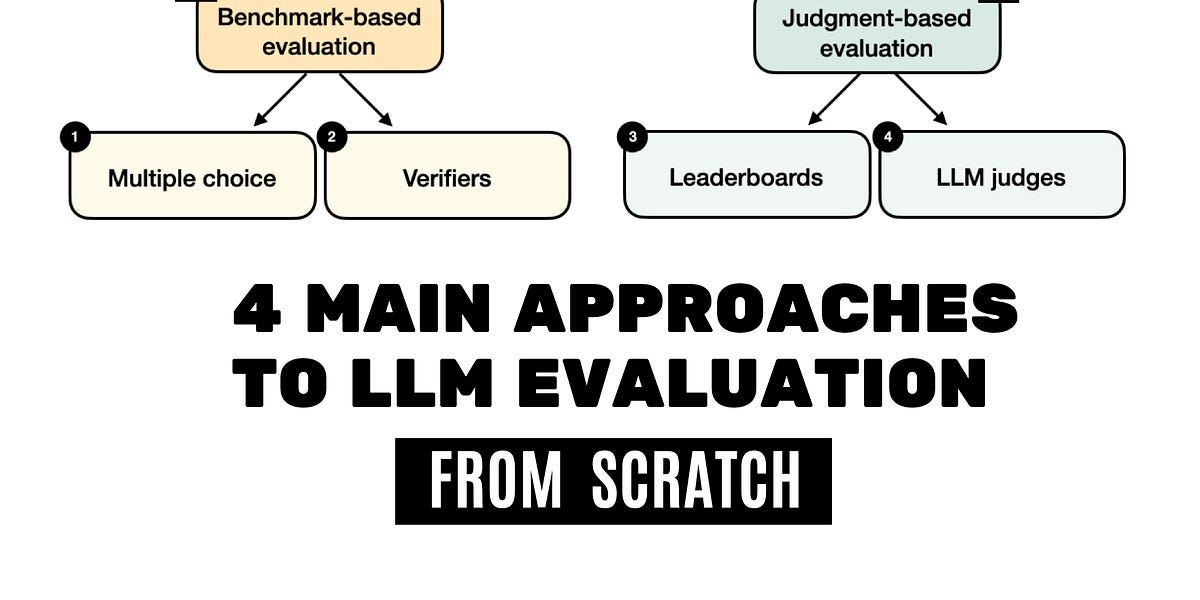The real danger isn’t losing work to machines; it’s surrendering our judgment to them.
 An empty chair and a glowing screen, when the machine feels like the most confident presence in the room.
An empty chair and a glowing screen, when the machine feels like the most confident presence in the room.When AI Sided With My Wife
A few weeks ago, my wife and I found ourselves in one of those disagreements couples collect over the years, the kind that feels small in the moment but somehow dawdles. The subject? A domain name idea she had. I was convinced it was terrible. She was equally convinced it was brilliant.
Normally, that’s where logic ends and marriage begins, warm tea, small compromises, maybe even a page out of Dale Carnegie about how smiles and soft words win more than arguments. But instead of Carnegie, I made the rookie mistake of inviting a third party into the conversation: AI.
“Let’s ask it,” I said, with the kind of confidence only a fool brings into a debate with his spouse, certain the algorithm would vindicate me.
It didn’t. It sided with her. Not only did it side with her, but it also provided three bulletproof arguments, an analogy, and a list of comparable brand names I couldn’t refute. Within five minutes, I was not only wrong, but I was also convinced I had been wrong all along.
My wife savored the win, naturally. But later she admitted something unsettling: it bothered her that I hadn’t been persuaded by her reasoning, but by an algorithm’s. It wasn’t the victory that stuck with her. It was how easily I surrendered my judgment to a machine.
I realized, it is the real tension of living in an age where AI evolves faster than our ability to make sense of it. The hardest part isn’t learning frameworks, debugging messy code, or keeping up with releases. It’s living in a world where everyone -spouses, clients, strangers- can summon arguments that sound like they’ve been practicing them their whole lives.
Everyone’s a Programmer Now
 AI Generated CRM optimized flowchart showing how sales, marketing, and support teams integrate for efficiency, customer satisfaction, and retention.
AI Generated CRM optimized flowchart showing how sales, marketing, and support teams integrate for efficiency, customer satisfaction, and retention.Here’s a real example: a client -by no means a developer, not even working in this field-recently sent me an email with a detailed breakdown of how to “improve” one of my software systems. This wasn’t a casual suggestion. It was a full multi-paragraph manifesto, complete with a flowchart diagram.
A flowchart! From someone who, the last time we spoke, asked me how to reset their email password.
Now, don’t get me wrong. I enjoy encouraging people to expand their skillset and bring ideas to the table. User feedback has always been the key to my success. I learn from it, and deliver improved solutions where users feel heard. Good ideas can be crowdsourced into real improvements. One overconfident suggestion? Fine. That’s part of the job. But this isn’t a one-off anymore. This is becoming daily. Even multiple times a day. And lately it’s gone beyond feedback. It feels less like “here’s something to consider” and more like, “here’s version 5.0, it fixes everything!”
And these AI-fueled proposals aren’t necessarily bad. That’s what makes them so tricky. They’re often plausible, sometimes even smart, but some come with strings. Every idea has costs, trade-offs, resources, and explanations attached. And guess who must explain them? Me. The guy who’s now debating not just people, but people plus the persuasive ghostwriter in their pocket.
My Hypocrisy Clause
I can’t claim innocence. I use AI every single day.
For those fifty-plus daily emails in my inbox, I let AI help me draft polite replies in English, French, Spanish, and sometimes even in Italian when the day throws me a curve ball. When I’m coding, I lean on it for repetitive logic that I’d rather not be retyping for the thousandth time. When I’m researching, it’s the assistant that feeds my curiosity faster than Google ever did.
It’s not just work either. I’ve asked it to suggest travel itineraries, help me pick a camera, and even weigh in on my Instant Pot recipes. I’ve let it proofread notes to colleagues, because nothing says “human connection” like outsourcing your tone to an algorithm. It’s polished sentences in blog drafts, saving me hours from my perfection-prone habits, and yes, it’s even attempted to win arguments with my wife. (That last one didn’t end well for me.)
I don’t blame anyone else for leaning on it. I understand the gist of it. AI saves time. It’s like a tireless coworker who knows everything, speaks every language, and has infinite patience, plus, a knack for coming up with recipe tweaks for my infamous Fish-Stew Surprise. Who wouldn’t take its advice?
The Authority Problem
That’s where the real lesson comes in.
When AI sided with my wife, it didn’t matter who was right or wrong. What mattered was how convincing it sounded. I walked away believing I had been wrong. That’s power.
And it’s the same at work. Clients, colleagues, even strangers are emboldened not because the machine gives them ideas, but because it gives them confidence. It stamps each answer with the authority of inevitability. And experts -across every field- are left to wrestle with those answers, whether they’re good or dangerously misguided.
There’s a line from Marcus Aurelius that lives rent-free in my head:
“You have power over your mind, not outside events. Realize this, and you will find strength.”
The trouble is, we’ve started outsourcing some of that power to AI. Instead of sitting with uncertainty, we defer to the voice that never hesitates. And in doing so, we’ve allowed AI to become the authority word, leaving the rest of us either nodding along or spending our days explaining why the confident answer may not survive contact with reality.
If you like deep dives into creative chaos, productivity under pressure, and nerdy lessons from real-life experiments, subscribe to get future posts delivered right to your inbox. Subscribe Now
The Psychology of Confidence
Psychologists describe this as one of several cognitive biases: authority bias where the instinct to treat the confident voice as the truthful one. It’s why a pilot who calmly says ‘just a little turbulence’ relaxes passengers more than one who panics through the same words. And it’s why CEOs who sound decisive get funded, even when their ideas eventually collapse.
AI is a master of confidence. It never hesitates, never doubts, never says “I don’t know.” It speaks with the rhythm of certainty, and we are wired to believe it.
And the danger isn’t just in bad answers. It’s in good-sounding answers, the ones dressed up with confidence, statistics, and references polished enough to make you forget to ask questions. I know, because even I, someone who understands how the system works, almost let AI convince me to add cinnamon to my Fish-Stew Surprise. (Spoiler: confidence does not always equal correctness.)
That’s the unsettling part. We don’t just listen to the machine; we believe it. We defer to it. And sometimes, we even prefer its certainty over the reasoning of the actual humans in front of us.
As Marcus Aurelius wrote long before algorithms:
“Everything we hear is an opinion, not a fact. Everything we see is a perspective, not the truth.” -Marcus AureliusThis isn’t about dismissing answers; it’s about remembering that asking questions keeps us human.
The Crossroads
So here we are, at the crossroads. And it isn’t just me as a programmer. Doctors, teachers, lawyers, managers, and everyone else whose work once relied on expertise now faces the same shifting ground. Even though many experts are trained in critical thinking and may resist authority bias more strongly, the temptation remains, and the pull of confident answers is still very real.
The battlefield has changed. Work isn’t just work anymore. It’s a persuasion. It’s negotiation. It’s the tireless explanation why the confident answer AI spits out in three seconds might take three months, three people, and three times the budget, effort, or risk to make real.
And honestly? Some days, I wonder if I have the patience to keep debating with a certainty that never tires.
Because knowledge is no longer scarce. Authority is no longer scarce. Anyone can summon an answer in seconds. Which means the only real currency left is wisdom: the slow, patient work of doubt and judgment. The willingness to say, “It depends.” Or even, “I don’t know.”
And while I feel lucky to have gathered some of that wisdom -only from years of experience and questionable decisions I’ve lived through- I worry about the next generation. Wisdom has always come as the byproduct of experience. But if experience itself is outsourced to machines, where will the young earn theirs?
That’s the irony. Without wisdom, we’ll trust any confident answer, whether it’s about curing a patient, interpreting a contract, running a classroom, or reinventing my infamous Fish-Stew Surprise.
Right now, the hardest part of any career isn’t the craft itself. It’s convincing everyone else that the craft still matters.
So maybe I’ll keep at it for another decade, if coding is still a career by then. Maybe I’ll pivot tomorrow. If I stay, it won’t be to beat AI, but to protect what makes us human: doubt, context, and judgment.
Never Argue with a Machine… or Your Better Half
These days, I hesitate before asking AI to weigh in on the small stuff. Travel plans? Maybe. Camera picks? Sure. But domain names? Arguments with my better half? Not a chance. I’ve learned that lesson.
Because here’s the funny thing: it’s not just that AI humbled me once. It’s that it reminded me how easily I can hand over my judgment when the answer sounds confident enough. And if I can do that over a domain name, how easily can we all do it over bigger things?
When I’m tempted to outsource my thinking, I stop for a second. I taste the stew before I add the cinnamon. I also try to remember what Seneca warned: if we don’t know where we’re headed, no wind is favorable. Without questions, we lose the very trait that makes us human.My recent harmless disagreement with my wife , even though my better half hasn’t brought up the AI incident, and she’s gracious enough not to gloat, it remains a quiet reminder to me: don’t surrender your judgment too easily, no matter how polished the answer, or how persuasive the algorithm.
Remember, in a world of perfect answers, sometimes the most human thing left is to stay curious enough to ask imperfect questions.
Stay curious. Stay bold. And for the love of good cooking, taste the stew before you trust the AI.
Ed Nite.
If you like deep dives into creative chaos, productivity under pressure, and nerdy lessons from real-life experiments, subscribe to get future posts delivered right to your inbox. Subscribe Now
.png)




